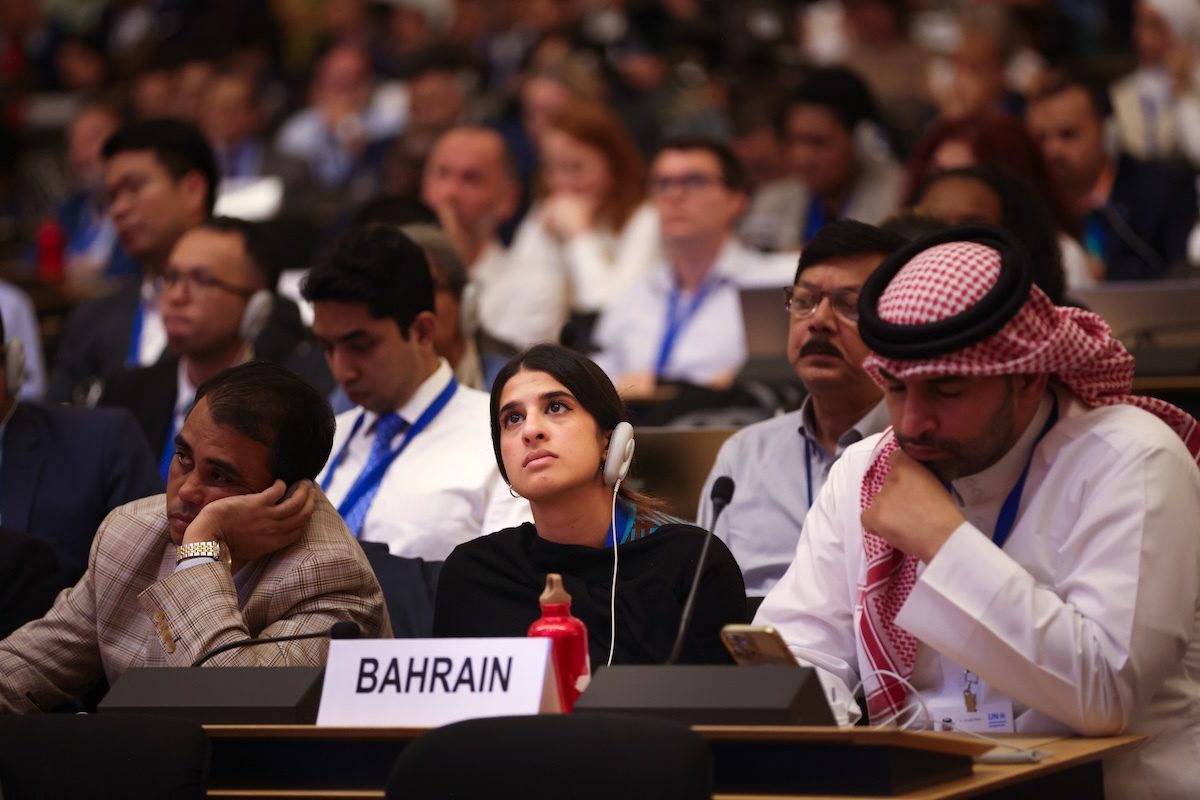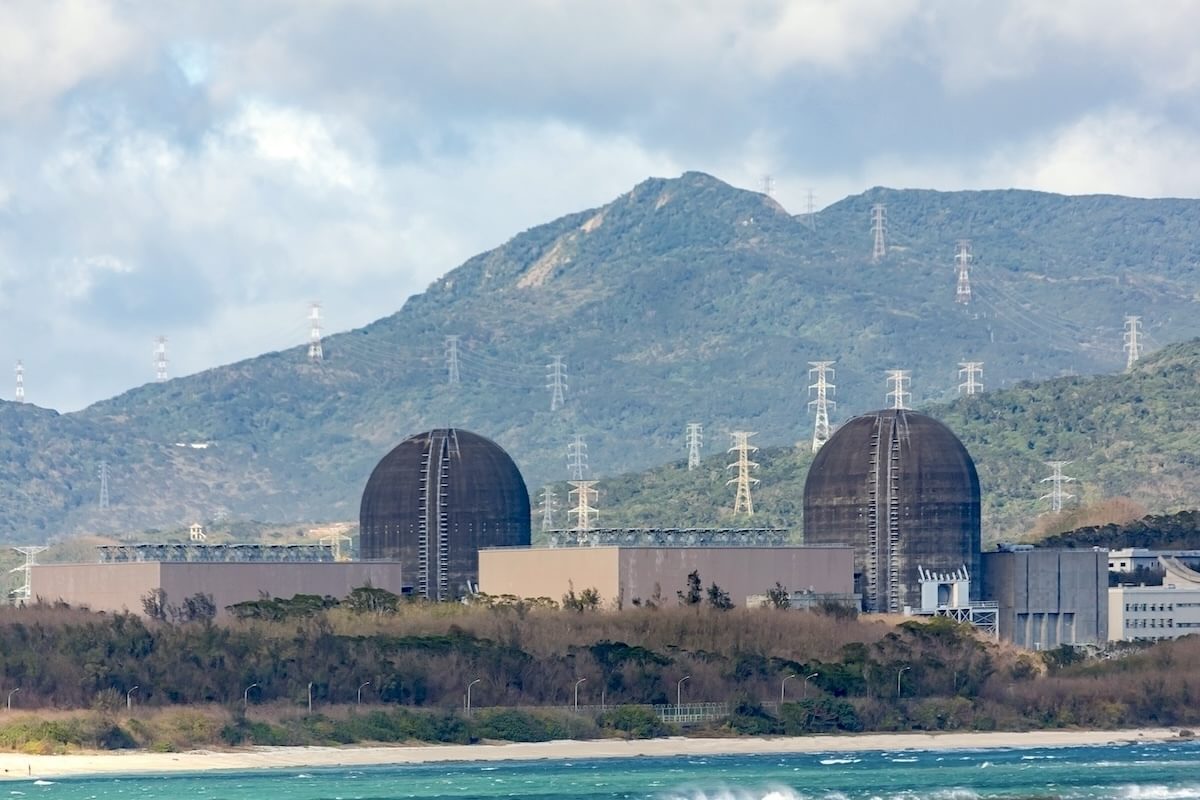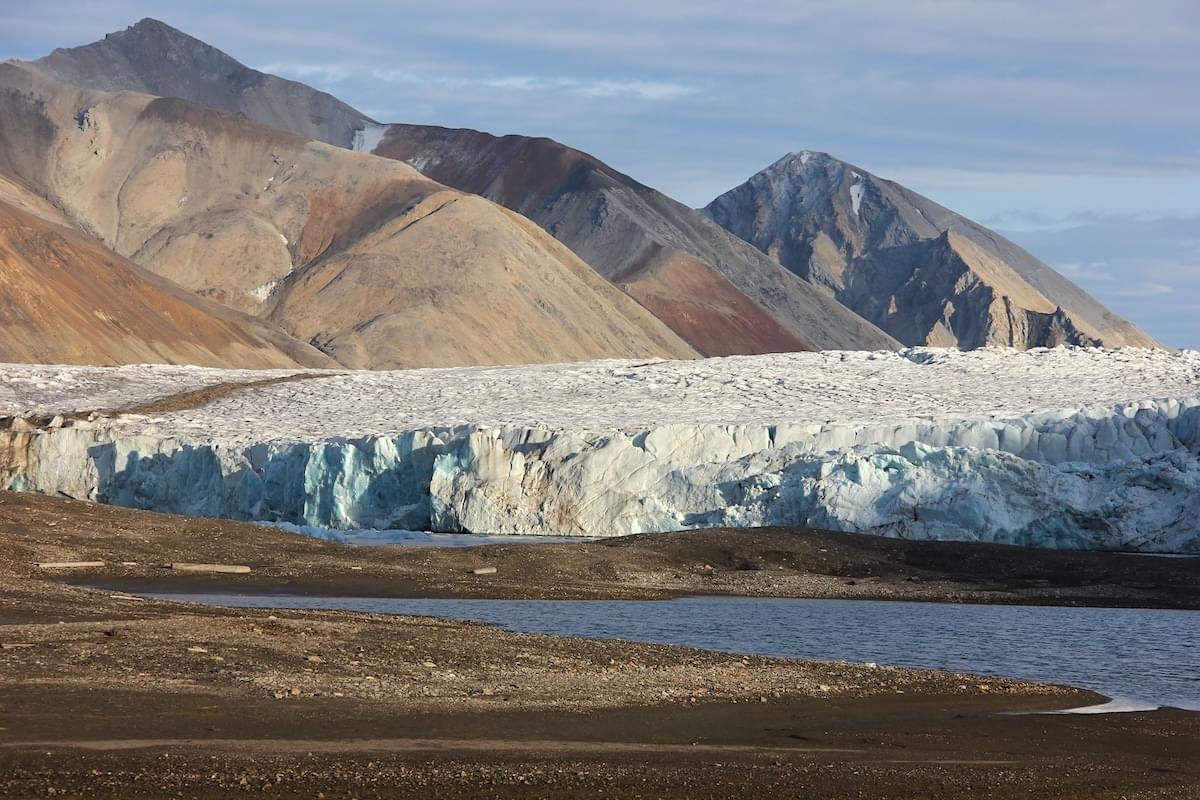Global Plastics Treaty Talks Collapse: Is Consensus Dead?

Nine days of talks in Geneva on a global plastics treaty ended without an agreement. Major disagreements arose over the final draft, particularly with oil-producing nations opposing legally binding obligations and controls on plastic production. Negotiations stalled as countries reiterated previous positions, ultimately failing to reach a deal. While all parties expressed interest in continued negotiations, the future remains uncertain unless the decision-making process changes. Environmental groups are disappointed but praise nations for prioritizing a strong treaty over a weak one.
Read more


